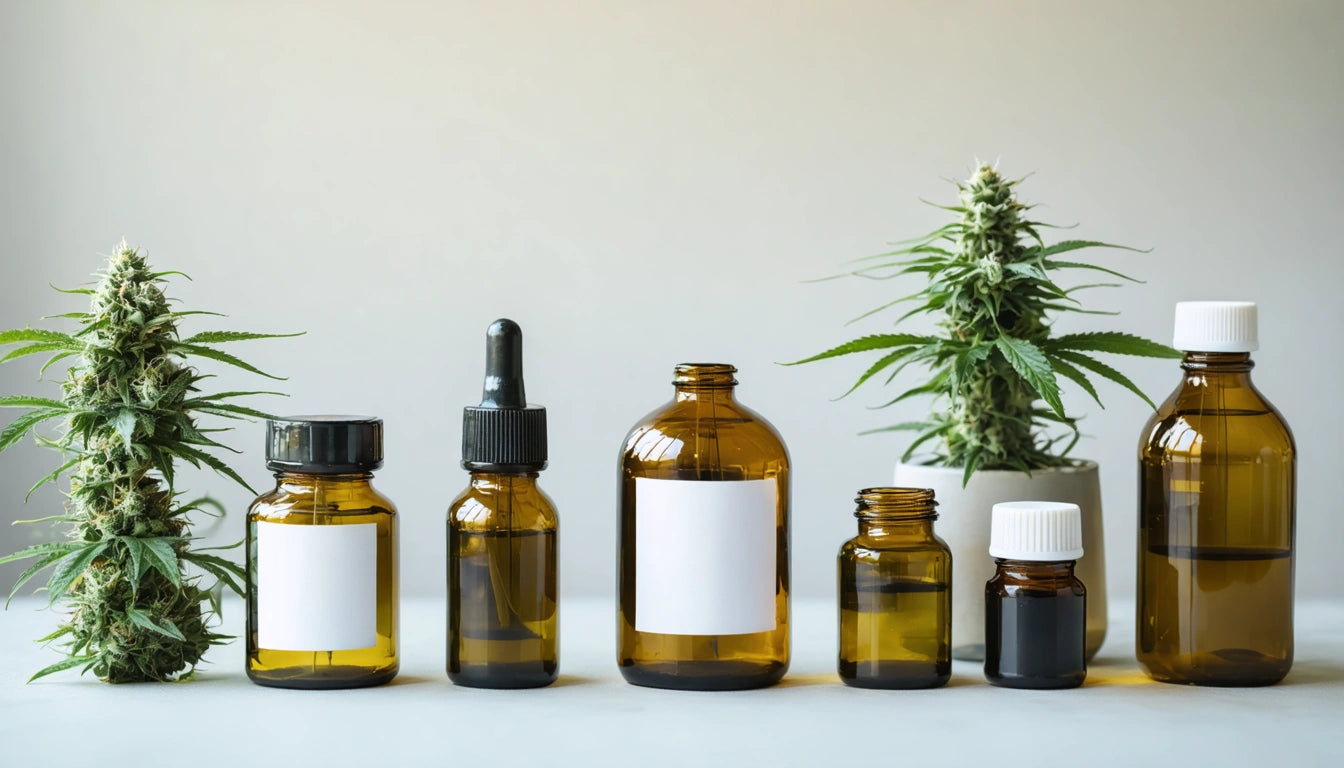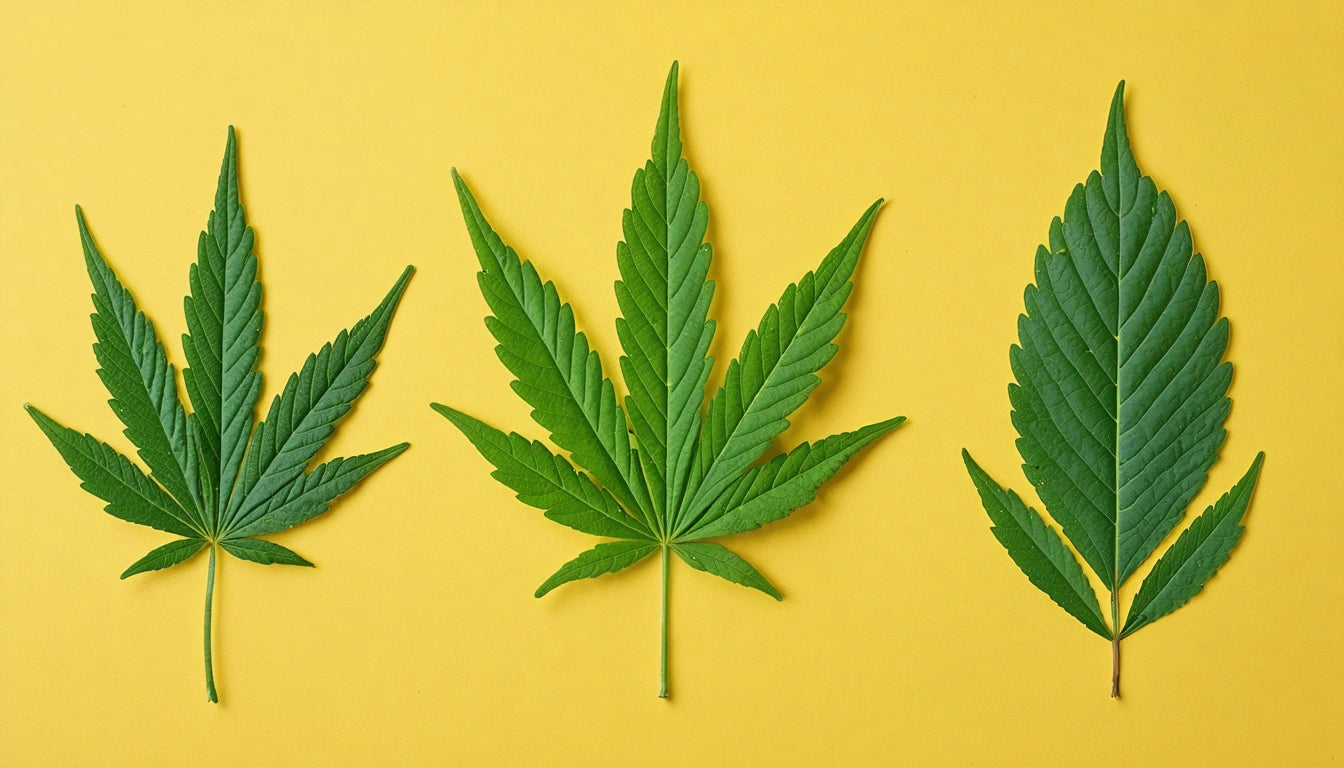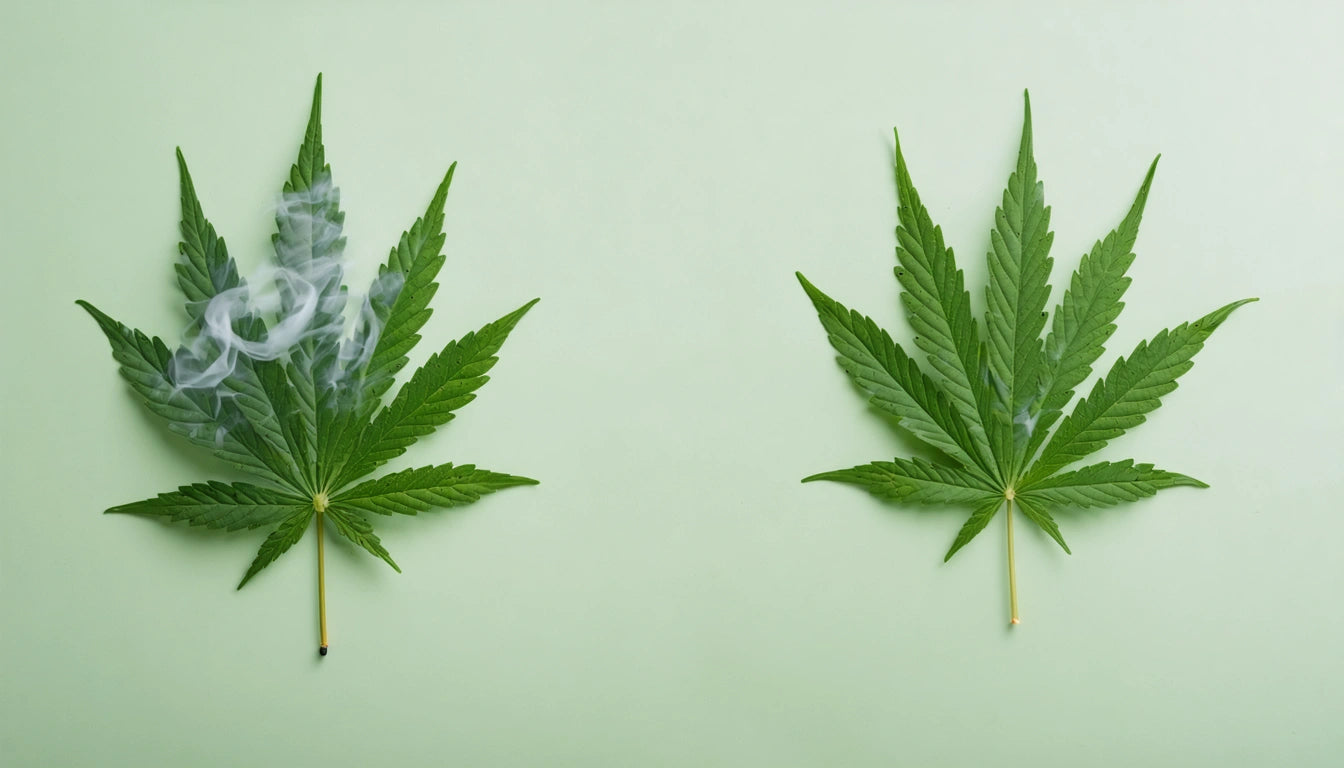- Understanding Label Options for Cannabis Products
- Shrink Sleeve Advantages and Applications
- Pressure-Sensitive Label Benefits and Use Cases
- Cost Comparison and Budget Considerations
- Application Methods and Equipment Requirements
- Branding Opportunities and Visual Impact
- Compliance Considerations for Cannabis Labels
- Strategic Label Selection for Your Cannabis Brand
Shrink Sleeves vs Pressure-Sensitive Labels: What to Choose
Selecting the right labeling solution for cannabis products significantly impacts brand perception, compliance, and operational efficiency. The two dominant options, shrink sleeves and pressure-sensitive labels, each offer distinct advantages depending on your product type, budget, and marketing goals. This guide explores the key differences to help you make an informed decision for your packaging strategy.
Understanding Label Options for Cannabis Products
Cannabis packaging requires labels that not only catch the eye but also meet strict regulatory requirements. Shrink sleeves and pressure-sensitive labels represent the most common solutions in the industry, each with unique characteristics that influence their suitability for different applications.
Shrink sleeves conform to container shapes through heat application, creating a 360-degree canvas. Pressure-sensitive labels, meanwhile, adhere directly to surfaces with adhesive backing, offering flexibility in size and placement. Both options have transformed how brands present products on dispensary shelves.
Shrink Sleeve Advantages and Applications
Full Container Coverage
Shrink sleeves provide complete container coverage, wrapping around the entire surface of bottles, jars, and tubes. This maximizes branding space and creates a tamper-evident seal, addressing both marketing and security concerns simultaneously.
Contoured Container Compatibility
For uniquely shaped containers, shrink sleeves conform to irregular surfaces through the application of heat. This makes them ideal for products with distinctive silhouettes or ergonomic designs that would challenge flat labels.
Premium Appearance
The seamless look of shrink sleeves often conveys a premium brand image. Many high-end cannabis products utilize this advantage for concentrates and vape cartridges, where perceived quality directly influences consumer purchasing decisions.
Pressure-Sensitive Label Benefits and Use Cases
Application Flexibility
Pressure-sensitive labels can be applied to virtually any clean, dry surface without heat or specialized equipment. This versatility makes them suitable for various cannabis packaging formats, from mylar bags to glass containers. For larger packaging formats like bulk storage bags for cannabis products, pressure-sensitive labels offer practical application solutions without requiring industrial heat tunnels.
Lower Minimum Order Quantities
For small batch producers or craft cannabis brands, pressure-sensitive labels typically offer more accessible minimum order quantities. This allows for seasonal variations, limited releases, or test marketing without excessive inventory.
Quick Turnaround Times
Production lead times for pressure-sensitive labels are generally shorter than for shrink sleeves. This advantage becomes crucial when responding to regulatory changes or making quick adjustments to product information.
Cost Comparison and Budget Considerations
Initial costs for pressure-sensitive labels are typically lower, especially for smaller quantities. However, when scaling to higher volumes, the per-unit cost difference narrows. Consider these factors when budgeting:
- Setup costs and plate charges
- Minimum order requirements
- Application equipment investment
- Labor costs for application
- Waste percentage during application
For startups and small producers, pressure-sensitive labels often provide the most cost-effective entry point. Established brands with consistent high-volume needs might find better long-term value in shrink sleeves despite higher initial investment.
Application Methods and Equipment Requirements
The application process represents a significant operational consideration when choosing between label types. Modern label technologies have evolved to offer various implementation options:
Shrink Sleeve Application
Shrink sleeves require a two-step process: sleeve placement followed by heat application. This necessitates specialized equipment:
- Sleeve applicator machinery
- Heat tunnel (steam or hot air)
- Conveyor systems for production lines
Pressure-Sensitive Application
These labels can be applied through:
- Manual application (suitable for small batches)
- Semi-automatic labeling machines
- Fully automated high-speed applicators
The scalability of pressure-sensitive application makes it adaptable to growing businesses, allowing for gradual equipment investment as production volumes increase.
Branding Opportunities and Visual Impact
The visual impact of your packaging significantly influences consumer perception and purchase decisions. Each labeling option offers distinct branding advantages:
Shrink Sleeve Design Capabilities
- Seamless 360-degree graphics
- No visible edges or seams
- Metallic and specialty ink compatibility
- Enhanced durability against handling and moisture
Pressure-Sensitive Design Options
- Specialty materials (clear, metallic, textured)
- Die-cut custom shapes
- Embossing and foil stamping options
- Variable data printing for personalization
Both options support high-quality graphics, but your specific branding goals will determine which better showcases your product's unique selling propositions.
Compliance Considerations for Cannabis Labels
Cannabis products face strict labeling requirements that vary by jurisdiction. Your label choice must accommodate:
- Required warning statements
- THC/CBD content information
- Batch and tracking information
- Child-resistant messaging
- State-specific compliance elements
Pressure-sensitive labels offer the advantage of easy updates when regulations change. Shrink sleeves, while more permanent, provide more space for comprehensive compliance information without crowding design elements.
Strategic Label Selection for Your Cannabis Brand
The optimal labeling solution depends on your specific business context and goals. Consider these strategic factors when making your decision:
- Product positioning and price point
- Production volume and growth trajectory
- Available application infrastructure
- Budget constraints and timeline
- Marketing differentiation strategy
Many successful cannabis brands implement a hybrid approach, using shrink sleeves for flagship products and pressure-sensitive labels for limited editions or secondary lines. This strategy maximizes the benefits of both options while managing costs effectively.
By carefully evaluating these factors against your specific needs, you can select the labeling solution that best supports your brand's presence in the competitive cannabis marketplace while maintaining operational efficiency and compliance.











Leave a comment
All comments are moderated before being published.
This site is protected by hCaptcha and the hCaptcha Privacy Policy and Terms of Service apply.